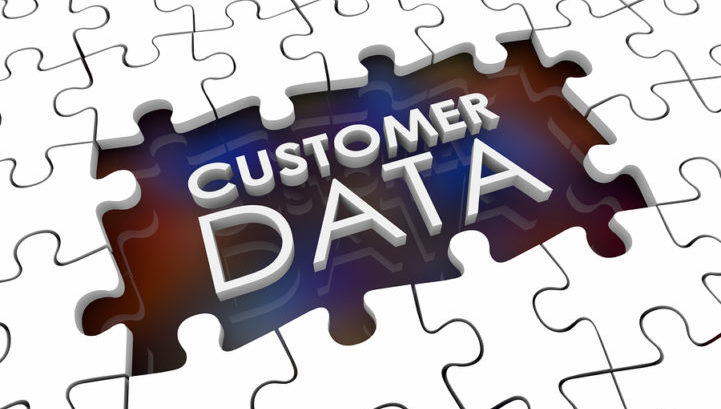Our personal data, such as our name, address, bank details and medical records, is our most sacred asset. When a customer entrusts a business with these pieces of information, they are counting on them to keep it safe.
Unfortunately, in recent months, millions of Australians have had their data compromised. These breaches have customers questioning the extent to which their data is accessed, and the value of their data for companies to keep them safe.
In truth, data is wealth and businesses capture, store and sell masses of it. From personal to behavioural and attitudinal data, it has great value for many businesses as it allows them to understand their customers better.
However, not all data that is collected is valuable to business growth; small businesses should learn from the mistakes of these big businesses when it comes to handling data and be wise in choosing relevant data only.
Responsible data handling
Recent privacy breaches brought to light the growing impact of reckless data handling. The Australian Cyber Security Centre (ACSC) received over 76,000 cybercrime reports in the 2021-22 financial year, representing a 13 per cent year-on-year increase, or one report every seven minutes.
With so much data floating around, small businesses must ensure their business collects and stores it responsibly. Responsible data handling starts with transparency. While some companies are open about their data practices, more keep consumers in the dark about their data collection. The first step is seeking permission and communicating transparently, and the second is identifying what to collect.
Collecting the right data
Data is typically captured in three ways: by directly asking customers, indirectly tracking them and attaching other sources of customer data. Thus a more transparent data journey is required to build trust with customers.
Small-business owners can start by analysing and deciding how much and what type of data is required that will benefit both the customer and the business. Transactional data like purchase history and browsing patterns can help small businesses understand customer interests and trends, in turn offering personalised customer experience, offers and communications. When collecting customer data, businesses should seek consent and be clear on the type of data that they are consuming and reasons for this.
In contrast, unnecessary data sets such as passport number, academic grading and even bank balance are too personal. These data points lack value for businesses and their customers and should be ignored.
Ensuring data security
According to ACSC, the cost of a cyber security breach for a small business has jumped to $40,000. Cumulatively, Australian businesses lost almost $100 million in the last financial year due to security breaches.
Those who collect and hold data are responsible for ensuring that they are compliant with the necessary privacy laws and safeguarded from threats. In the unfortunate event that the business loses customer data due to a breach, it can have serious long-term implications for the brand’s credibility. For small businesses, the financial or reputational damage could end the business entirely.
Privacy and security start with limiting access to sensitive customer data and ensuring what is collected is stored and protected at every stage. This can be done by having a solid data privacy policy in place and using software with strong data privacy at its foundation. A privacy policy must also accurately reflect and explain policies around the business’ data storage, data protection and whether these data sets are directly or indirectly disclosed to third parties both domestically and overseas. Small businesses have the obligation to update customers on their data collection and refine their policy should any of these change.
Understandably, public trust in data collection and privacy is at rock-bottom, but if small businesses act transparently and responsibly, data can drive great value for not only them but their customers too.












